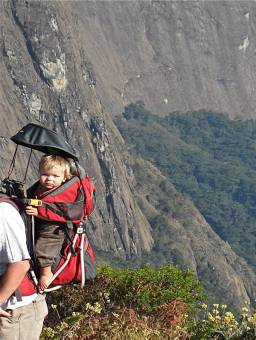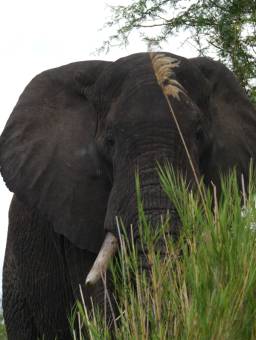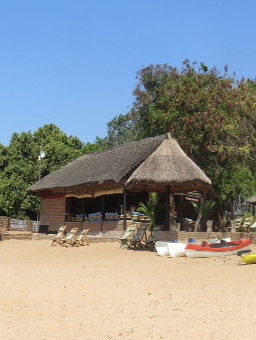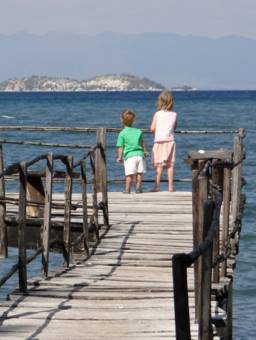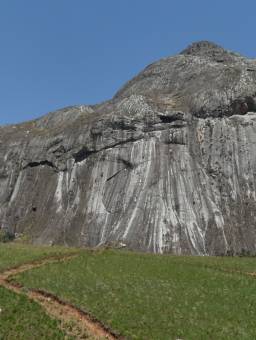and now for something different...
A selection of RIDDLES of the NYANJA PEOPLE
Source: A selection of RIDDLES of the NYANJA PEOPLE: Originally Collected and Annotated by Ernest Gray, Source: Bantu Studies, Volume 13, 1939
| Region | Group | Type | Riddle | English Translation | Answer(s) | Notes |
|---|---|---|---|---|---|---|
| Zomba District | Nyanja | Natural Phenomena | Chikhadakhala ndi mpeni tikadatha tonse. | Had it possessed a knife we should all have been finished (i.e., killed). | Mdima (Darkness) | |
| Zomba District | Nyanja | Natural Phenomena | Komwe ayang’ana ndi konko. | Where it looks is there. (It always goes in the same direction.) | Madzi. (Water or stream) | Konko – shortened form of kamweko = to that place there. |
| Ntcheu District | Ngoni | Natural Phenomena | Kanthu kosagona tulo. | Something which does not sleep. | Madzi. (Water or stream) | kanthu -from the root -nthu (person) ka- is the singular diminutive prefix, so that kanthu is literally "some little thing” but it is used as the broader equivalent of cinthu- “a” thing, or “some” thing. |
| Natural Phenomena | Kanthu kosamangika n’ciani? | What is something which cannot be bound? | madzi or Mpepo (wind) or utsi (smoke) | |||
| Zomba District | Nyanja | Natural Phenomena | Njira imeneyo ukapanda mubvi sungaipite. | You cannot go that way unless you have an arrow. | Nyanja (Bwato pamodzi ndi mponda). The Lake (i.e., a boat and a punting pole.) | |
| Ntcheu District | Ngoni | Natural Phenomena | Ndacera msampha wanga kalangali kapita. | I have set my trap – the “kalangali” has (already) gone. | Mphepo sigwidwa mu msampha. The wind is not caught in a trap. | Kalangali is not found in Scott or Hetherwick dictionary, it may be an Ngoni word that fell out of use. |
| Zomba District | Nyanja | Natural Phenomena | Sioneka! | Invisible! | Mphepo. (The wind) | |
| Ntcheu District | Ngoni | Natural Phenomena | Angakuphere bambo wako ncofunikabe. | Even though it kills your father it is still indispensable. | Moto. (Fire) Somethimes Madzi | |
| Zomba District | Natural Phenomena | Dziwe lalikuru alinkusamba mbali mokha. | A large pool, they are washing in the shallows (lit. at the edge) only. | Moto. Fire | Dziwe = a pool where the river widens out into a pool or a lake. The meaning seems to be that as you must not venture too far into the pool (crocodiles, or inability to swim) so you must not get too far near to the fire. | |
| Natural Phenomena | Kanthu kosaoneka komwe kadagwera. | Something whose source cannot be seen. | Thambo.(A cloud). | Kadagwera = kugwera = to come from. | ||
| Ntcheu District Gowa School | Ngoni | Natural Phenomena | Njobvu yafera ku Blantyre, kuno mafupa okha gobede gobede. | The elephant has died at Blantyre, here the bones only fall with a hollow sound. | Nkhungulupsya. (Burnt-grass particles blown about by the wind after a bush fire) | Nkhungulupsya = Kkungu (a mist or clous) +lupsya (burnt bush, the black motes of burnt grass that fly about during the bushfire) Gobede-Gobede (or gwebede-gwebede) |
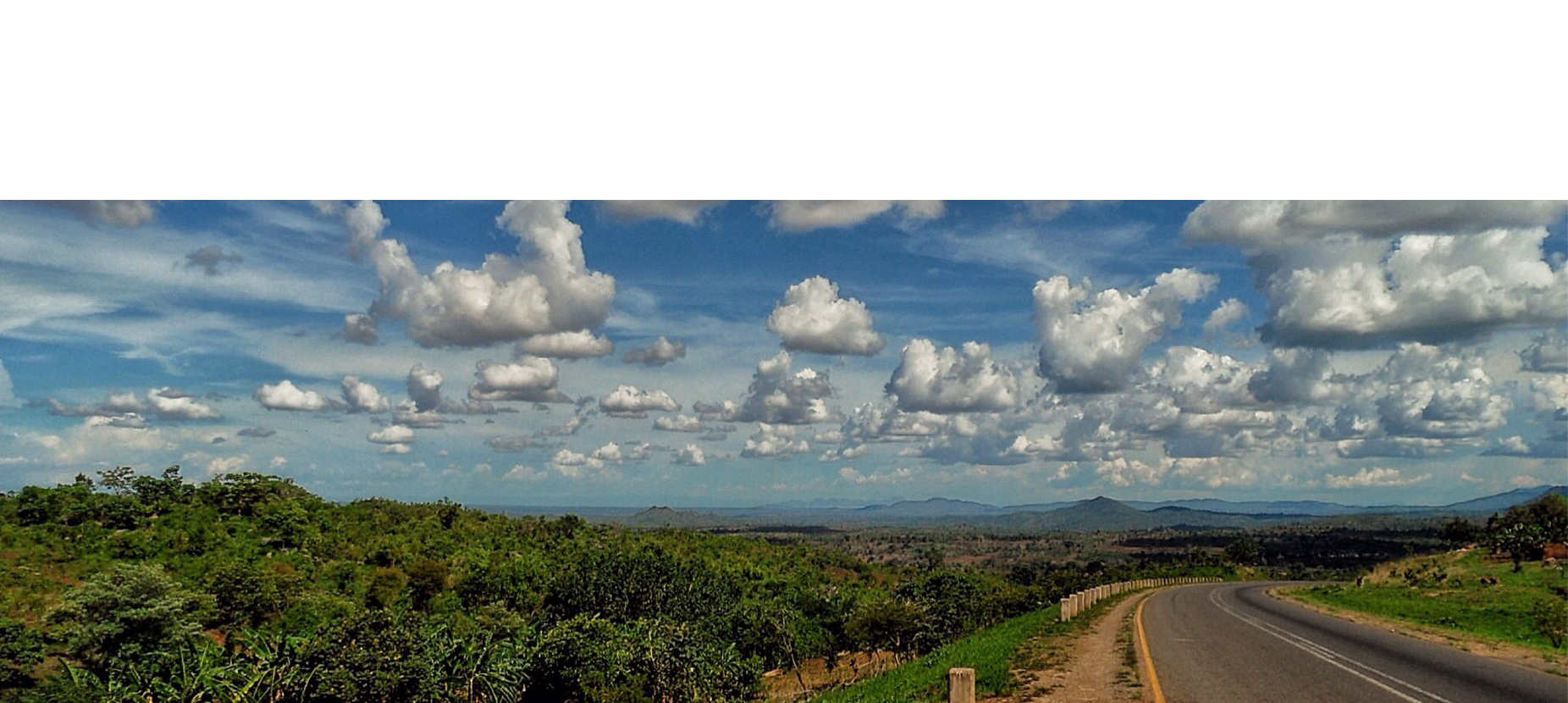
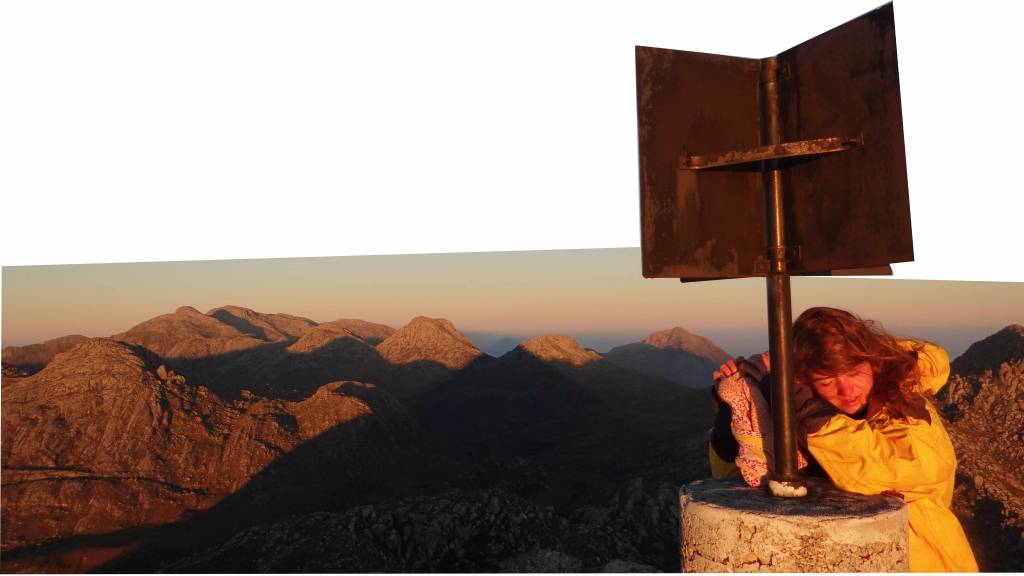
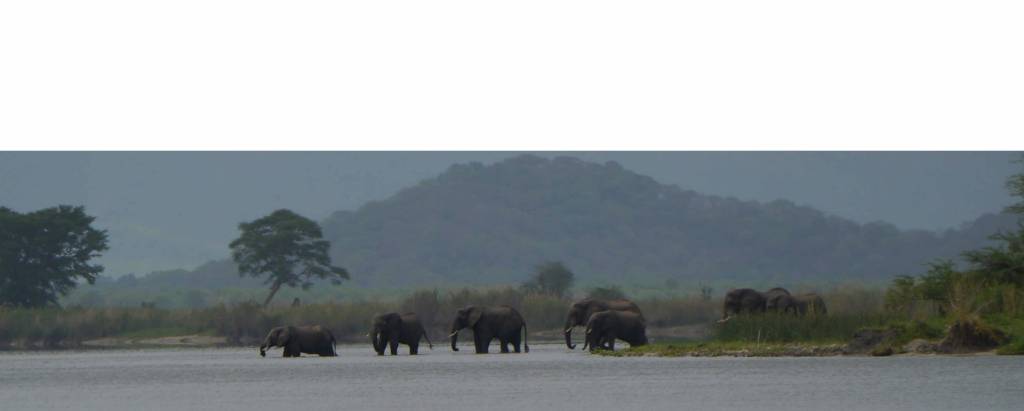
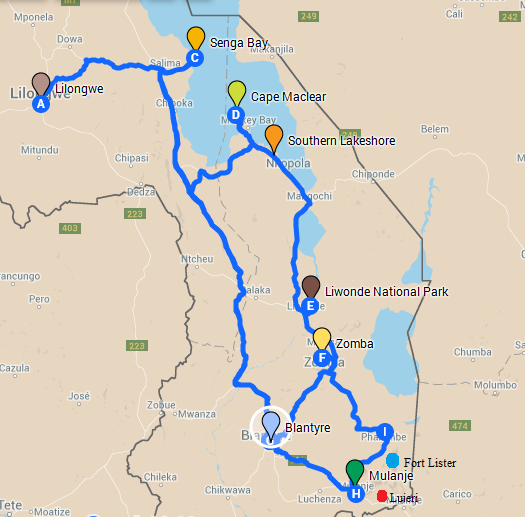 O-Sense
O-Sense